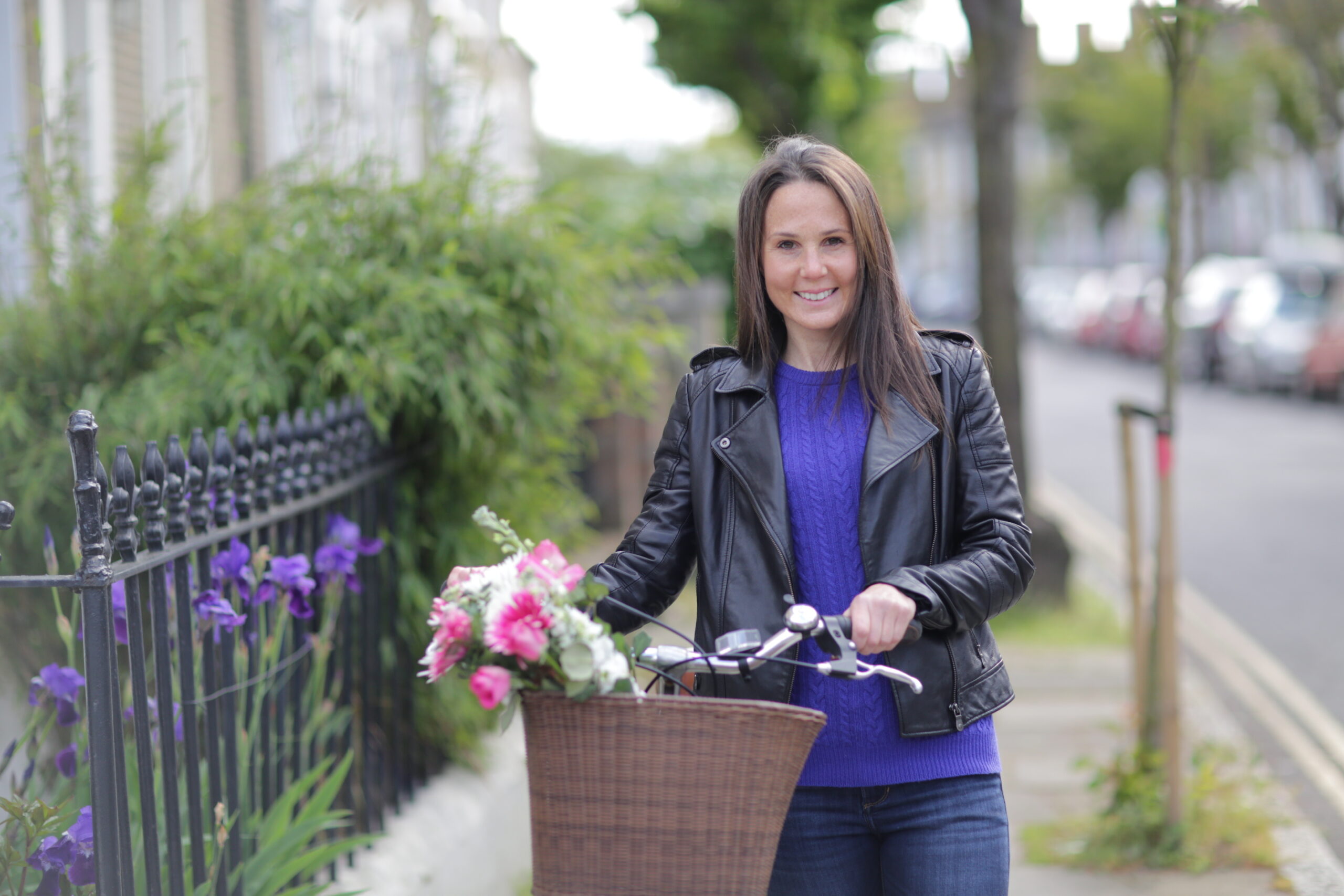
As we approach a second lockdown, I wanted to share a few tips which might help you to manage stress and anxiety during this uncertain time.
Just to be clear, I definitely don’t have it all figured out. I don’t believe managing stress and anxiety is something we can completely master; it’s an ongoing practice.
But I want to remind you that if you are a yoga practitioner, whether you realise it or not, you already have a toolbox of techniques at your fingertips. These times of adversity are what you have been practicing for – the hours that you have spent on your mat or cushion have been preparing you for challenging times just like this.
You’ve been learning about yourself and how you respond in difficult situations. You’ve been practicing the skill of how to remain balanced and focused, how to self-regulate, how to listen to your body and look after yourself, and how to quieten the noise inside your head. It’s already in you – your priority right now is to create space to dial in and to listen.
And, if you are not already a yoga practitioner, you can start right now. Close your eyes for a few moments and feel the feeling of your body breathing. Every time your mind drifts, coax it back.
Now, here are my tips. I hope they are useful:
Instead of checking your phone when you wake up, do something that makes you feel good, calm and clear-headed first thing in the morning. Spend 10 cosy minutes in bed meditating, or get on your mat, go for a run, make a nourishing breakfast, snuggle with your dog, read a poem, write in your journal or play the piano. It doesn’t matter what the thing is – a positive start, without the mind-clutter of the news, social media or email, will shape your outlook for the rest of the day.
Identify just one or two key things that you will do that day. I am so guilty of having 10 million things on my to-do list – I am never going to achieve all of them, so there’s always an underlying stress that I am racing against the clock. Pick just a couple of priorities and focus on those things. Forget the rest; they can wait for another day. And, focus on doing one thing at a time.
Go for a walk or run, do some yoga, dance around your living room. Moving your body not only helps your physical wellbeing but also can slow down the racing thoughts in your mind and can be a form of release.
Being in nature can be uplifting. When you’re outside, be there mindfully. Feel the feeling of the breeze on your face, pay attention to the visual details of the seasons, the smells and the sounds, and take in some deep breaths of fresh air. Appreciate the simplicity of the environment around you.
Focusing on your breathing is a way to slow down your racing thoughts, and to bring you into the present moment. Focus on the sensation of your body breathing – that might be the feeling of your abdomen, rib cage or chest rising and falling, or it might be the feeling of air coming in and out of your nose. When your mind drifts away, coax it back. You can do this for a minute, or for longer. Try slotting this practice into your day at regular intervals and feel the effect it has.
Constantly checking your phone is distracting, a time-drain, and it can fuel anxiety. But let’s face it, our phones are a part of today’s world so the trick is to learn how to use them wisely. Try to limit your access to your phone and make your phone-time intentional at certain times of the day. I find my phone can pull me away from whatever I am supposed to be focusing on in any given moment. So, if I am at my desk, watching TV or walking the dog, I intentionally leave my phone somewhere else to avoid checking it. I have all notifications turned off, so I choose when to check messages and I also have ‘downtime’ activated so that I can’t check certain apps between 9.30pm and 8am.
When life is overwhelming, rather than focusing your mind on the things that are causing the overwhelm, focus on the positive things that you have in your life, the things that are going well and the things that you are grateful for. Try to reframe the way you look at the current situation; everything is temporary and difficult moments will pass. It might help to keep a gratitude journal, or at the end of each day, ask your family or friends to each share one thing they are grateful for that day.
For the end of each day, plan something simple that makes you feel comforted and nourished, and make it something that you will look forward to. This could be sitting in front of the fire knitting. It could be lighting a candle and having a bath, it could be a slow relaxing yoga practice or a guided relaxation. Creating space for an activity that will help you slow down and unwind just before bedtime can help you with better sleep, and having something to look forward to can help you to stay positive throughout the day.
You can practice yoga with me both live and on-demand via my online membership. My blogs on how to practice yoga at home and how to establish habits now, for the benefit of your future self might also be helpful!